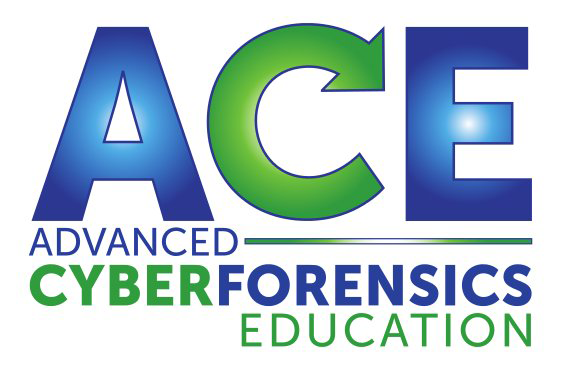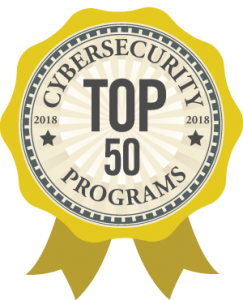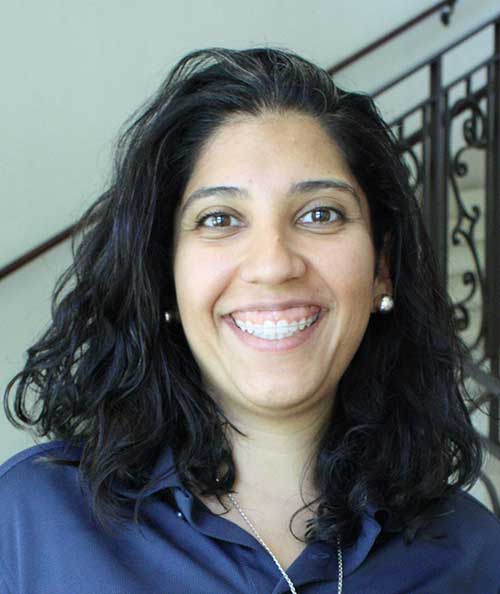Master of Science in Information Technology
Fully Online, Accelerated (can be completed in one year) with concentrations in:
- Cyber Security & Forensics
- Software Development
- Health Informatics
- Homeland Security
- Social Media
- Data Analytics
Beginning in fall 2023, the Master of Science in Information (MSIT)—will offer classes in a face-to-face format in addition to our online classes. For more information, please contact the School of Computing at 478.471.2801 or email Dr. Vicky Sandoval at .
M.S.I.T. Audit Sheet for 2021-2022
M.S.I.T. Audit Sheet for 2019-2020
M.S.I.T. Audit Sheet for 2018-2019
The MS in IT program requires students to complete 30 hours of graduate coursework. The first 15 hours provide students with knowledge in core information technologies in leadership, strategic planning, and research. Students can then focus on one area of study to enhance their set of skills and knowledge. These areas of study are Cyber Security and Forensics, Software Development, Social Media, Homeland Security, Health Informatics, and Data Analytics. While concentrations are not required, students may declare and elect to complete courses for up to two concentrations (if they have eligible educational and/or experiential backgrounds). Students not seeking a concentration are considered “generalists”, and concentrations cannot be completed once a student has graduated from the program.
The courses in the program emphasize leadership abilities, critical thinking, problem-solving, decision-making, and interpersonal and communication skills. Career success through lifelong learning, professional development, and research is stressed at all levels of the curriculum. The program is designed to produce graduates prepared to take on leadership duties in the field of Information Technology in general as well as in specific work settings such as healthcare and information security.
Career success through research, lifelong learning, and professional development is emphasized at all levels of the curriculum. We anticipated that, after graduation, our graduates will:
1. Assume productive roles in IT-leadership positions, such as chief information security officer, digital forensics investigator, project and program manager, and other leadership roles within information technology in healthcare, government, education, business, and industry in the Middle Georgia region, throughout the state and nationally
2. Pursue life-long learning and engage in research in new and emerging and innovative technologies, enabling them to adapt and grow as organizational responsibilities change.
Student learning outcomes are referred to as knowledge, skills, and experiences students in the MSIT program are expected to have by the time they finish the program in order for them to achieve the program goals. There are four SLOs in the program (all concentrations).
SLO 1: Evaluate the scope and impact of emerging information technologies on a local and global scale (ITEC 5100)
SLO 2: Incorporate project management methodology into planning, development, and implementation of IT solutions (ITEC 5120)
SLO 3: Produce a literature review of scholarly sources covering a current or emerging topic in the field of information technology (ITEC 5140)
SLO 4: As part of a team, produce an original, innovative, and research-based solution to an assigned IT challenge (ITEC 6900)
Current graduate tuition and fees can be found here.



